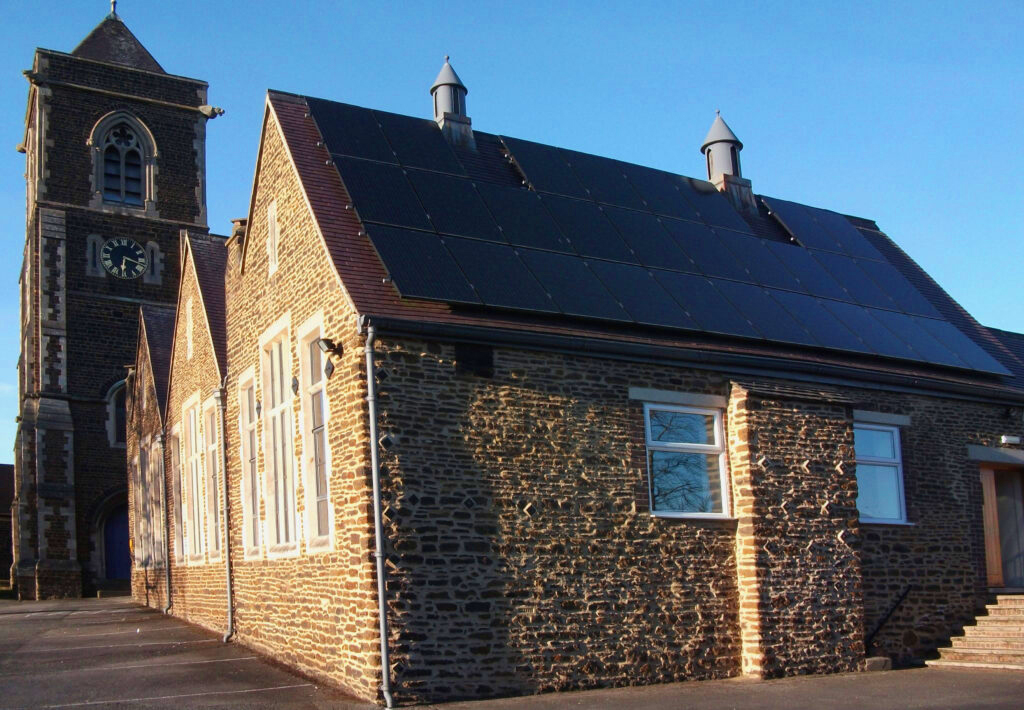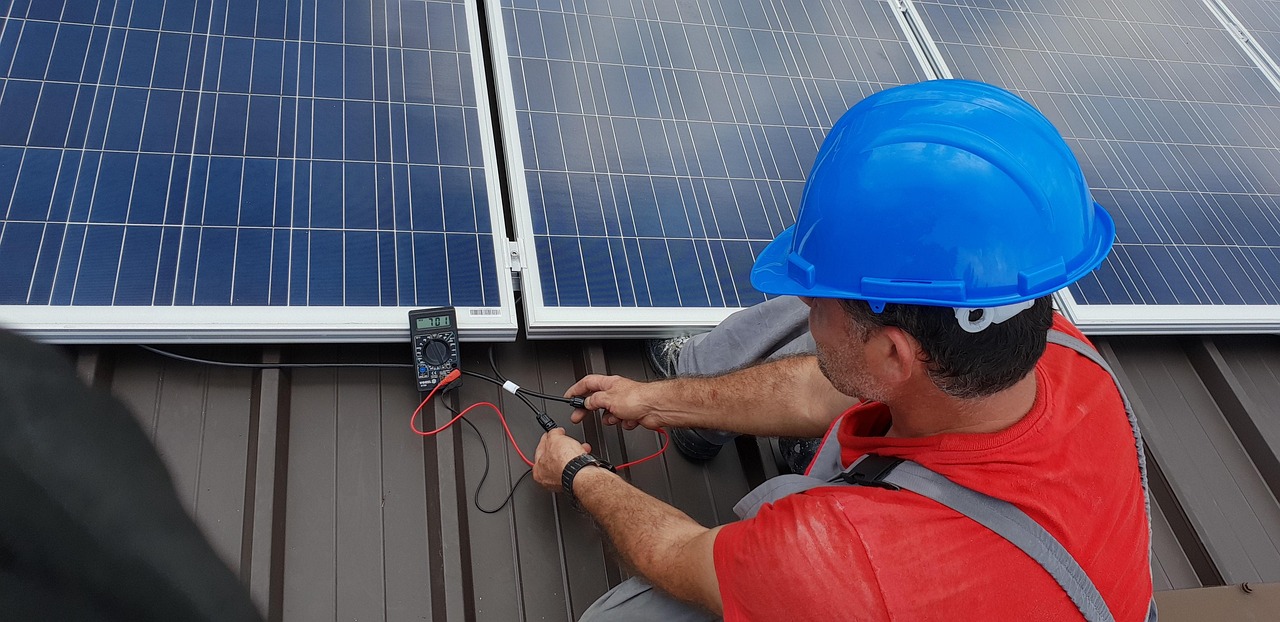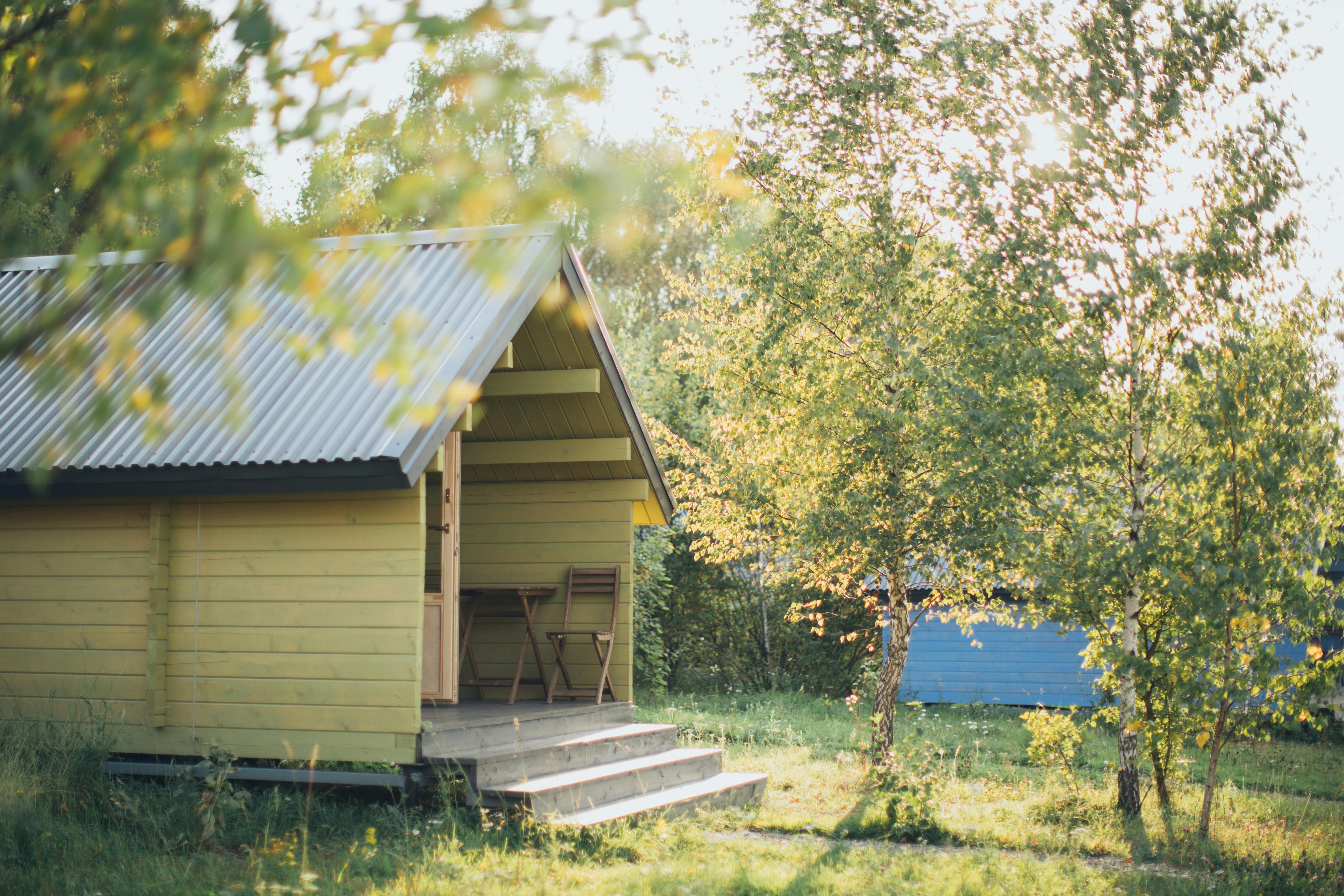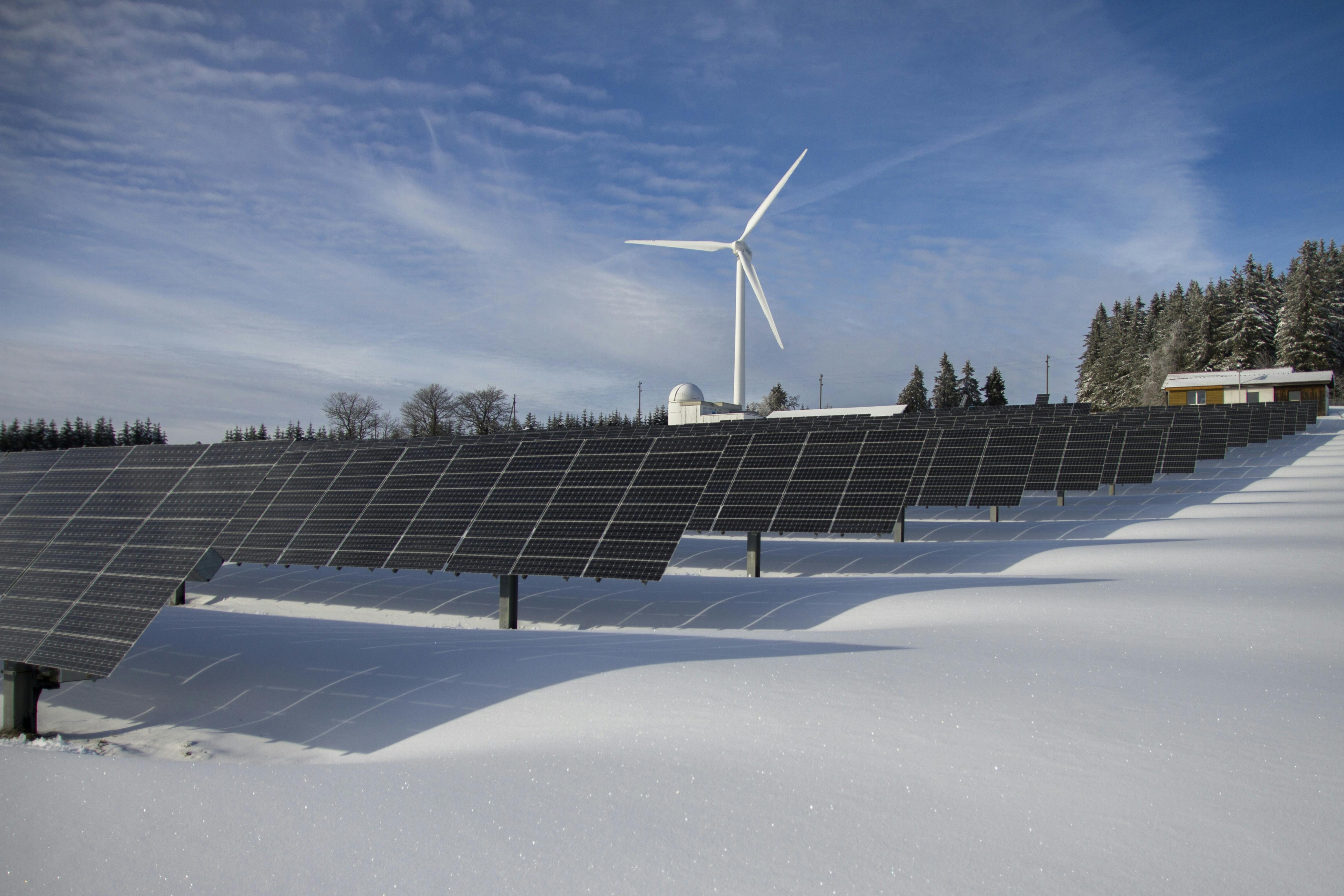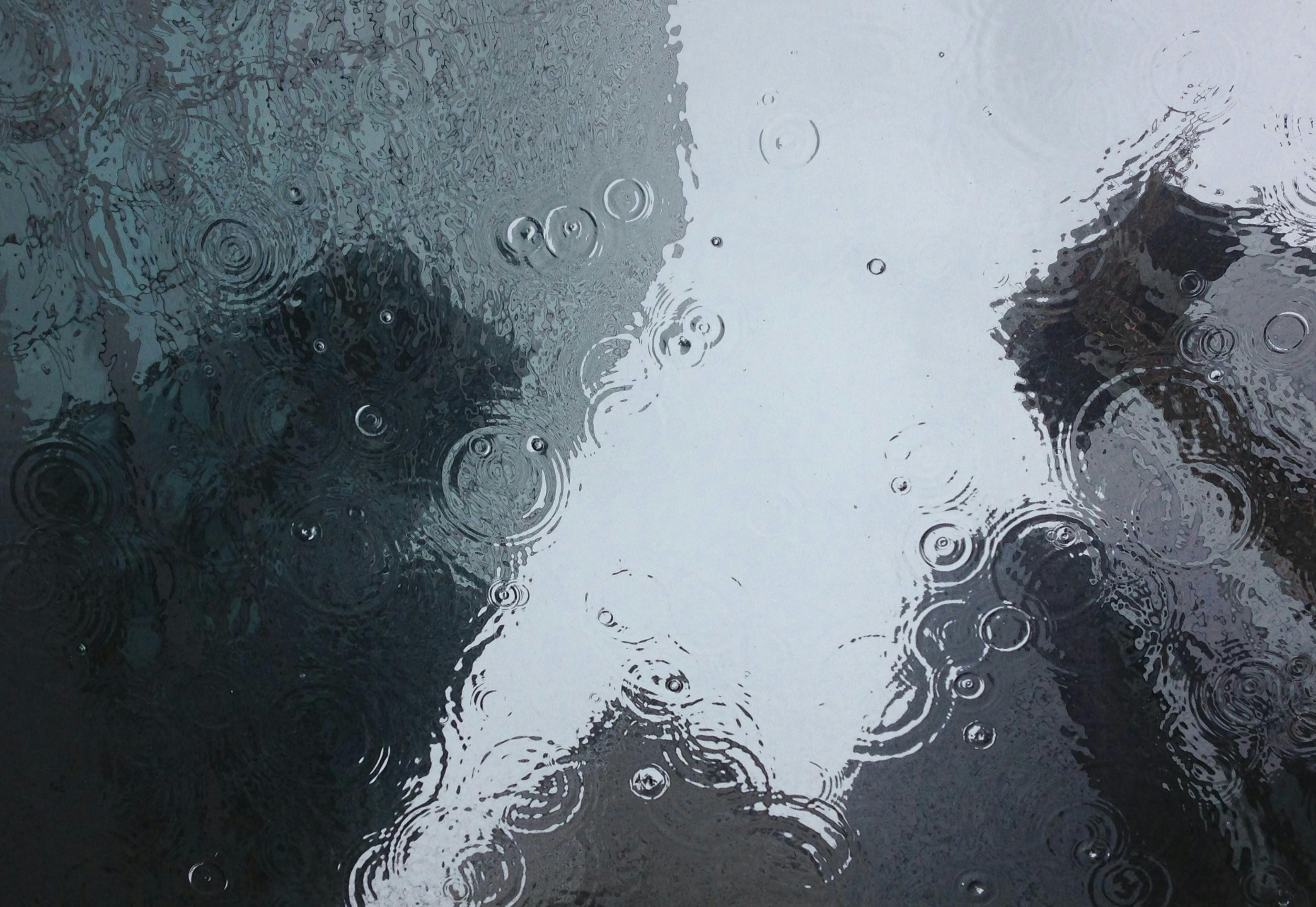Do Solar Panels Need Direct Sunlight?
Do solar panels need direct sunlight to work? Let’s find out if shade, clouds or rain impact the performance of solar panels

Living in the often cloudy UK, you might naturally wonder if solar panels need direct sunlight to function effectively. Fortunately, we’re here to explain the science behind solar energy and help you determine if investing in solar panels is a smart choice for you.
Key Takeaways:
Do Solar Panels Work Without Direct Sunlight?
Solar panels function well even without direct sunlight, though their efficiency is significantly reduced. While direct sunlight is optimal for energy production, it’s not essential—solar panels generate electricity as long as they receive daylight.
This means that even on cloudy days, solar panels will still produce electricity for your home. For a more detailed understanding of how solar panels work and the amount of energy they can generate, we recommend checking out the previously linked article.
Installing Solar Panels Where There is no Direct Sunlight
We generally advise against installing solar panels in areas with constant or regular shade, such as where a taller building or trees block direct sunlight for most of the day. However, it’s important to note that many roofs will experience some shade at different times, possibly from features like chimneys or dormer windows. This shading doesn’t necessarily disqualify your roof from having solar panels. As long as a significant portion of your roof gets sunlight throughout the day, installing solar panels can still be worthwhile.
For roofs with shading issues, we recommend using optimisers. These small devices are attached to each panel and help ensure that each panel operates independently. This means that if one panel is shaded, the others will continue to produce electricity efficiently. Optimisers make solar panels a viable investment even for properties with shaded roofs.
If your roof is affected by shading, we suggest using our free solar panel calculator tool. This tool will assess your location and other details to estimate the amount of direct sunlight your roof receives throughout the year. Additionally, you’ll be paired with a Green Home Guru who can assist you in finding the best panel arrangement for your home if you decide to proceed with a solar panel installation.

Other Weather Conditions That Affect Efficiency
Will my solar panels work on a cloudy day?
Absolutely! Solar panels continue to operate on cloudy days, although their performance might be slightly reduced due to less direct sunlight. However, this drop in efficiency can be effectively managed.
One solution is to incorporate optimisers into your solar system. These devices help maintain a more consistent energy output, even when the skies are overcast. So, while you might see some variation in performance, rest assured that your solar panels will still provide energy on cloudy days.
Will my solar panels work on a rainy day?
Yes, your solar panels will still function on rainy days. While rain may reduce direct sunlight, it comes with its advantages. Rain plays a helpful role in naturally cleaning your solar panels. This natural cleaning process can enhance their efficiency by washing away any dust or debris that might have accumulated on the panels. So, even during rainy weather, your solar panels continue to work, and they get a helpful cleaning boost that keeps them running effectively.
Will solar panels work when it snows?
Solar panels can indeed function during snowy conditions. The key factor is that the panels need to be exposed to sunlight. Light snowfalls typically don't pose a significant problem, as the snow often melts quickly due to the heat generated by the panels themselves. Plus, the smooth surface of the panels makes it difficult for snow to accumulate.
However, heavier snow can cover the panels and block sunlight, temporarily reducing their efficiency. In such cases, it's important to safely remove the snow to restore the panels’ functionality. It's also worth noting that solar panels are generally installed at an angle, which helps the snow slide off more easily.
How Much Energy Could Solar Panels Produce for You
Now that you have a clearer understanding of how solar panels perform under various weather conditions, including whether they need direct sunlight, why not take the next step?
Our solar panel calculator is an exciting tool that lets you explore how much energy solar panels could produce for your home. Just input a few details about your home, and it'll do the rest, giving you a personalised estimate of the benefits you can reap from solar energy.
For example, the average home with solar panels in Kent could generate around 5243 kWh every year. On top of that, any power that isn't used can be sold back to the grid for a profit.
And if you're hungry for more knowledge about generating your energy, we've got plenty of resources.
Need a more personal touch? Feel free to drop us an email at team@makemyhousegreen.com, and we'll be happy to assist.
Recommended Guides:
- How many solar panels will fit on my roof?
- Are solar panels worth it in the uk?
- How efficient are solar panels?
Ready to see what you can save?
Our solar calculator is 100% free to use. Enter your postcode below to get started.

Based on 400+ Trustpilot reviews

